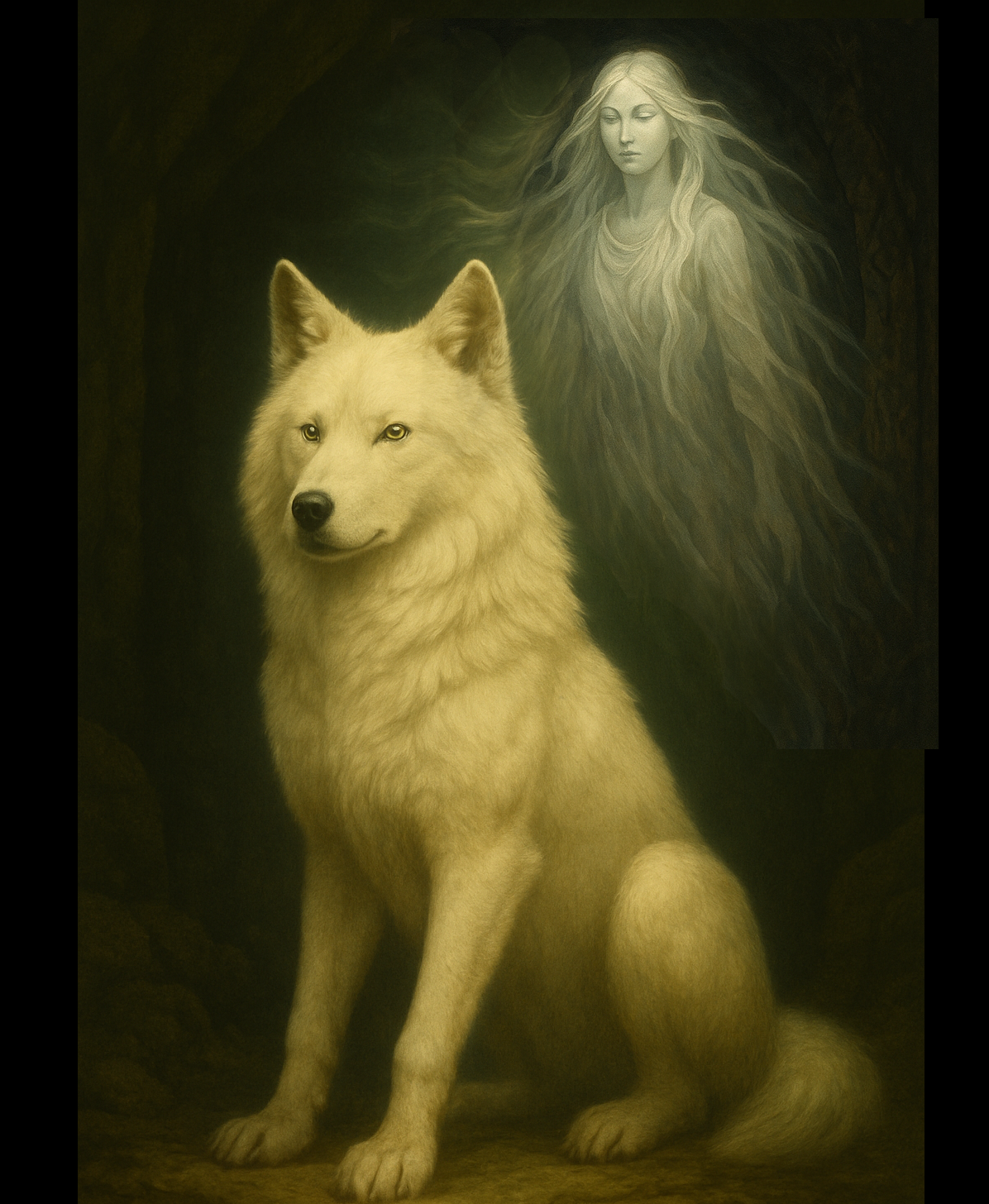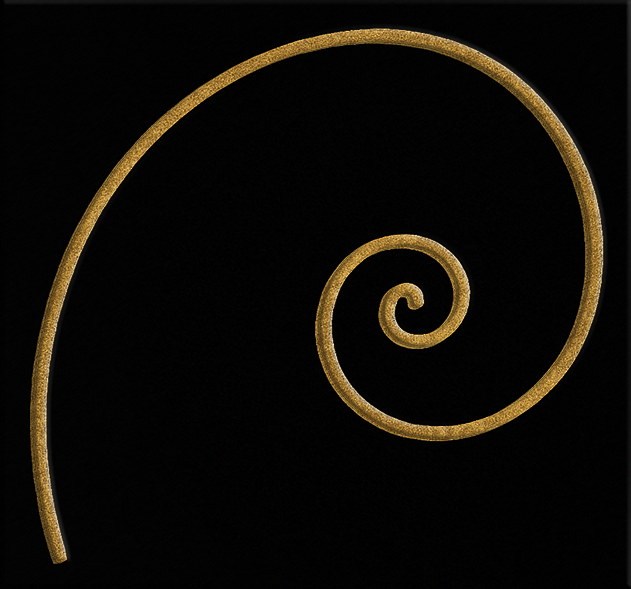
Hortensia de los Santos
Seeker of Ancient Echoes
On the Threshold of What Lies Beyond
What Many Christians Believe About the Afterlife *Including the Resurrection of Jesus and Its Meaning* In Christian belief, the afterlife is not only a continuation of the soul’s existence—it is a promise of transformation, resurrection, and eternal life in union with God.
At the heart of this belief is the resurrection of Jesus. According to the Gospels, after his crucifixion and burial, Jesus rose from the dead on the third day. He appeared to his followers—first to the women at the tomb, then to his disciples.
He spoke, ate, and walked with them, bearing the wounds of his crucifixion but also possessing a new, glorified body.
He could appear and disappear, enter locked rooms, and yet was undeniably real. For Christians, this is not just a miracle of the past, but a template of what is to come.
Jesus is called “the firstborn from the dead” (Colossians 1:18), meaning that his resurrection is the model of what believers will experience in the life to come.
Many Christians therefore believe: - That they will be raised bodily, as Jesus was. - That they will retain identity, memory, and relationships. - But also that they will be healed, made whole—free of suffering, sin, or decay.
This belief is captured in the Apostles’ Creed, recited by Christians for centuries: “I believe in the resurrection of the body, and the life everlasting.”
As Revelation 21:4 promises:
“He will wipe every tear from their eyes. There will be no more death or mourning or crying or pain…”
 More on my Belief
More on my Belief
For my son, who asked me what lies after this life
There are moments in a life when something opens—barely, briefly—and we glimpse what lies beyond the veil. It may come in a dream, in stillness, or in sudden lightness that lifts the soul out of the body’s shadow. I had such a moment once. My “self,” no longer heavy with names or roles, lifted through the fence of the terrace. And what I felt then cannot be captured in the poor syllables of human speech.
It was joy. Not the joy of something gained, but the joy of being itself. It was peace. Not the peace of resolution, but of release. I felt no grief for what I was leaving. No longing. No regret. Only a deep, eternal rightness.
So when you told me you believe we will carry our same personalities after death —that we will feel sorrow, regret, longing— I understood where your words came from. We imagine the next world using the only palette we’ve known: this one. A body. Senses. Memories. The raw ache of loss. It makes sense. This world teaches us to hold on.
But the soul remembers another lesson. The soul remembers that what we call “I” is not fixed. The I that hurts and clings is only a costume for this scene. Beyond it, the deeper Self is not bound to grief or time. It does not mourn what it leaves behind, because it understands: Nothing is ever truly lost. Everything returns, is gathered, and is known again in a deeper way.
And so I believe—not because a doctrine told me, but because I remembered— that what awaits us is not just a continuation, but a transformation. Not endless echoes of pain, but the great silence in which all wounds are healed. I believe that when the time comes, it will feel like flying. — Hortensia de los Santos